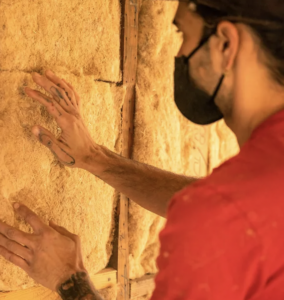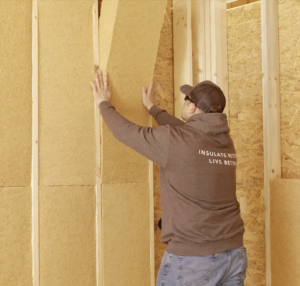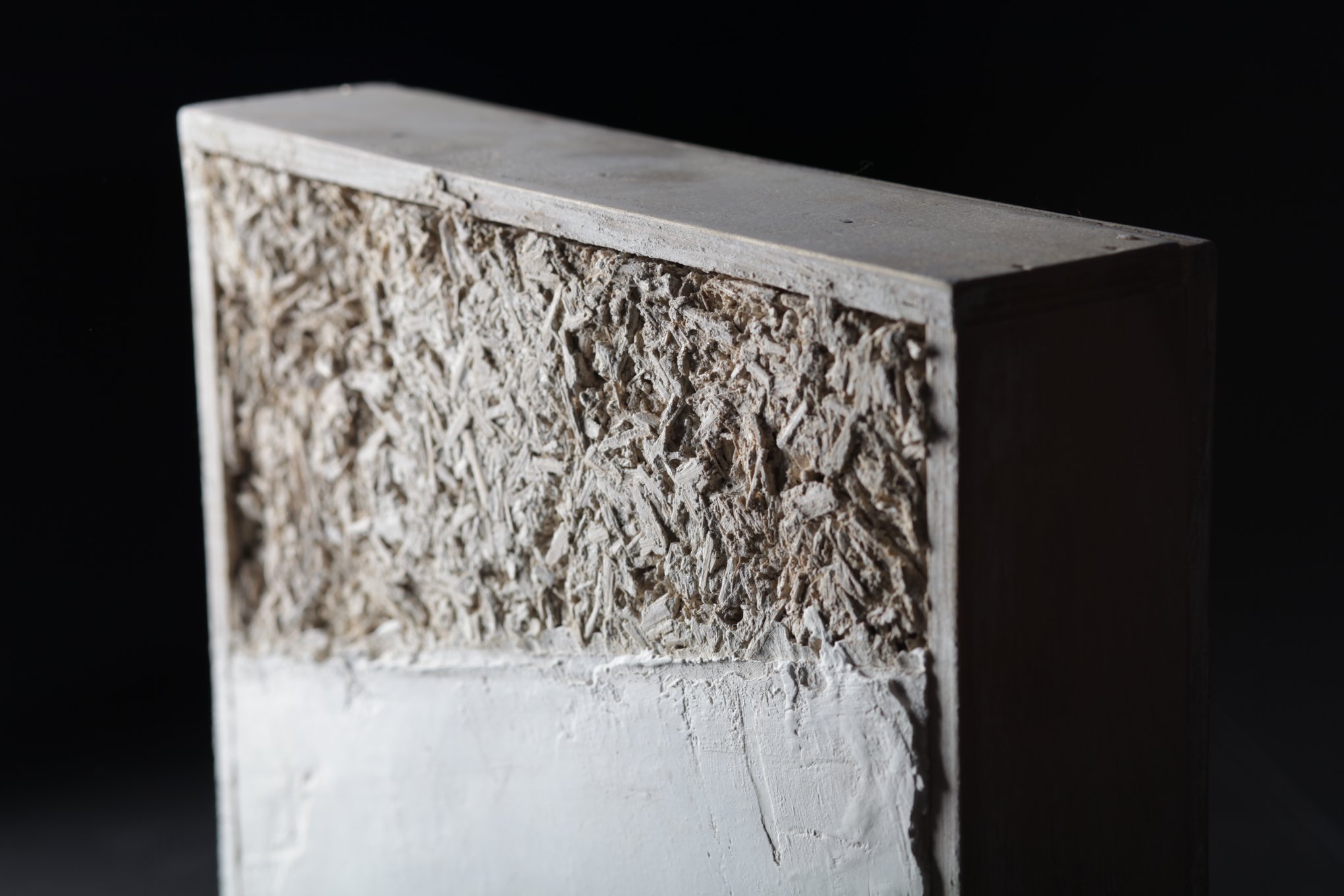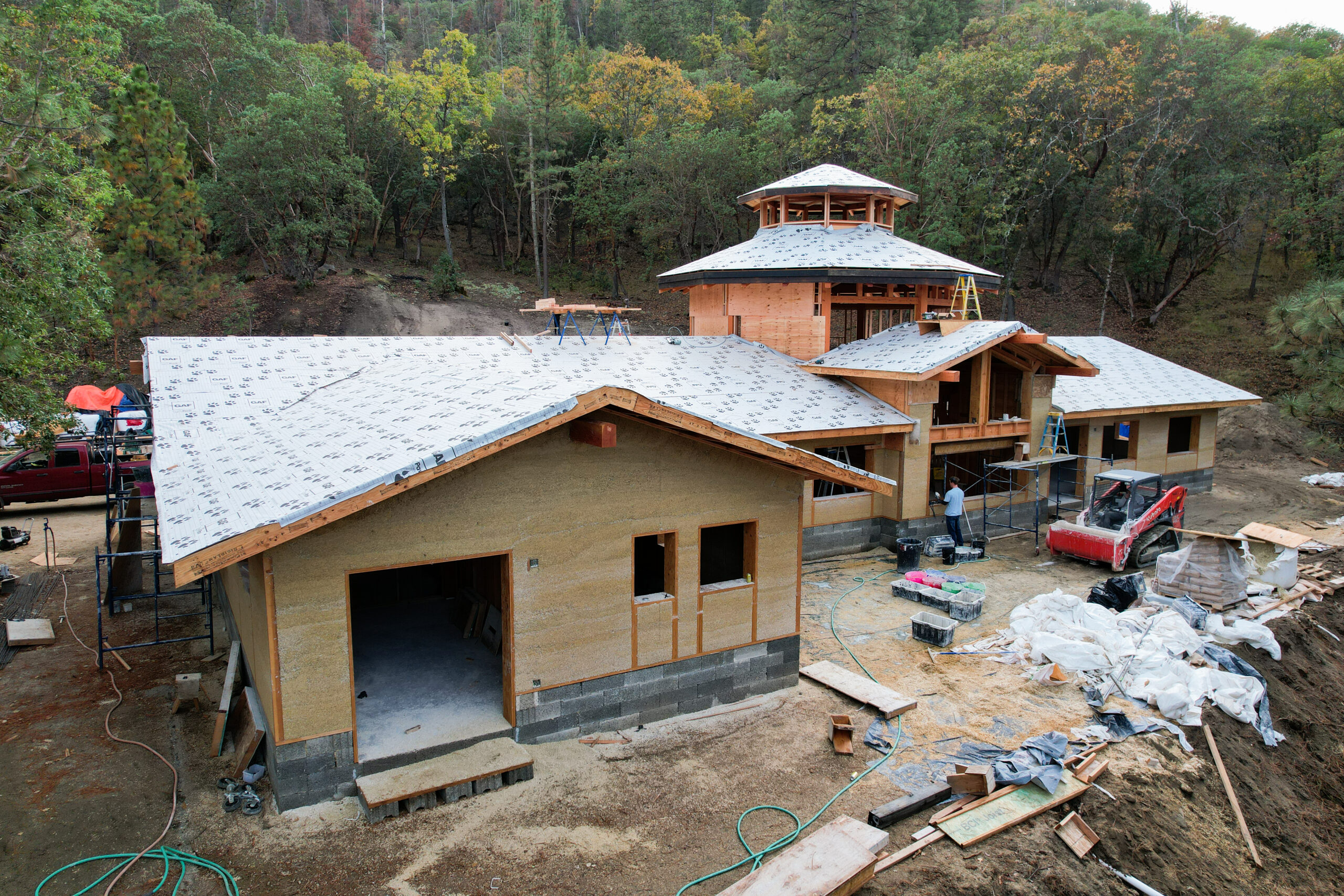Green Building Materials – Let’s Talk Insulation!
By Jill Williams, member contributor
When talking about green building, the good news is that using insulation itself is planet-friendly because it improves the energy efficiency in your home by reducing heat and cooling losses and gains, reducing the energy needed to heat and cool your house. Recently, there has been an influx of new and innovative insulation products on the market made of materials that significantly lessen the impact on the planet. These materials have equivalent insulation values to current insulation products most commonly used today but are significantly better for our health as well as for the planet.
Here is an overview of a couple of earth-and-people-friendly insulation options, including sheep’s wool, hemp, and timber, and the benefits of using these materials:
Health Impacts on Your Home and Family
If protecting the health of the environment isn’t enough of a reason to choose eco-friendly insulation, consider the negative impacts that traditional insulation can have on the health of you and your family. Insulation made from natural materials like hemp, wool, or timber fibers are made from breathable materials that are gentle on the skin, eyes, and upper respiratory tract.
According to the Hempitecture, “If you wouldn’t touch a product with your hands, why would you cover all of your home with it? HempWool is 90% hemp fiber and 10% binder. Due to its simple composition and non-toxic additives, it is safe to touch and handle without gloves, while giving you peace of mind.”
These natural materials help manage high moisture and humidity levels in your home’s interior air by naturally binding and releasing moisture as needed. And they actively battle dampness and mold growth, which, left unattended over time, can cause major issues for your home’s durability, comfort, and health.
 HempWool® Thermal Insulation, by Hempitecture
HempWool® Thermal Insulation, by Hempitecture
Creating a Safe Environment
Because eco-friendly insulation materials do not contain hazardous materials, it is safe to use in your home and safe for installers. In addition, these materials are fire-resistant or are chemically treated with fire retardants. According to Havelock Wool website, the inherent construct of a wool fiber traps air and in turn insulates your home.
 Sheep’s Wool Insulation by Havelock Wool
Sheep’s Wool Insulation by Havelock Wool
Saving You Money and Energy Usage
The remarkable insulating properties of eco-friendly materials will help you save energy, which will then save you money. The higher the heat resistance number of your insulation, the more you can successfully regulate your home environment. When energy is conserved, your heating and cooling system will not have to work as hard, using less fuel and gas. That’s good for the earth, good for your home, and good for your bank account.
Reduced Manufacturing Costs and Carbon Output
Most eco-friendly materials take less than 10 times the embodied energy to manufacture than other traditional insulating materials. Reducing your energy production reduces the demand for fossil fuels and, in turn, lowers carbon dioxide levels in the atmosphere.
According to Hempitecture, “eco-friendly materials like hemp insulation are generally referred to as a carbon-negative product because, during the lifespan of the hemp plant’s growth cycle, it removes more carbon from the atmosphere than the amount needed to process the hemp into insulation once harvested.”
TimberHP claims that they produce their timber insulation made from residual wood chips to maximize the use of our renewable forest resources. And that “using a high-value insulator with a negative carbon footprint reduces a building’s global warming potential on day one and every day it operates.”
 TimberBatt Insulation by TimberHP
TimberBatt Insulation by TimberHP
Pest, Mold, and Rodent Resistant
Most eco-friendly materials are naturally pest, mold, and rodent resistant. Therefore, these materials can save you from costly repairs, rebuilds, and remediations and encourage those little buggers to stay outside!
Dive In A Little Deeper
This past month, the Northwest Ecobuilding Guild hosted an Education Session on New Innovations in Building Insulation featuring speakers Lucas Johnson with Vali Homes (talking about the benefits of Wool Insulation), Jason Todd with TimberHP, and Jonnie Peterson with Hempitecture. These presentations give a deep insight, background information, and specific benefits for each eco-friendly insulation option. You can view the event at



